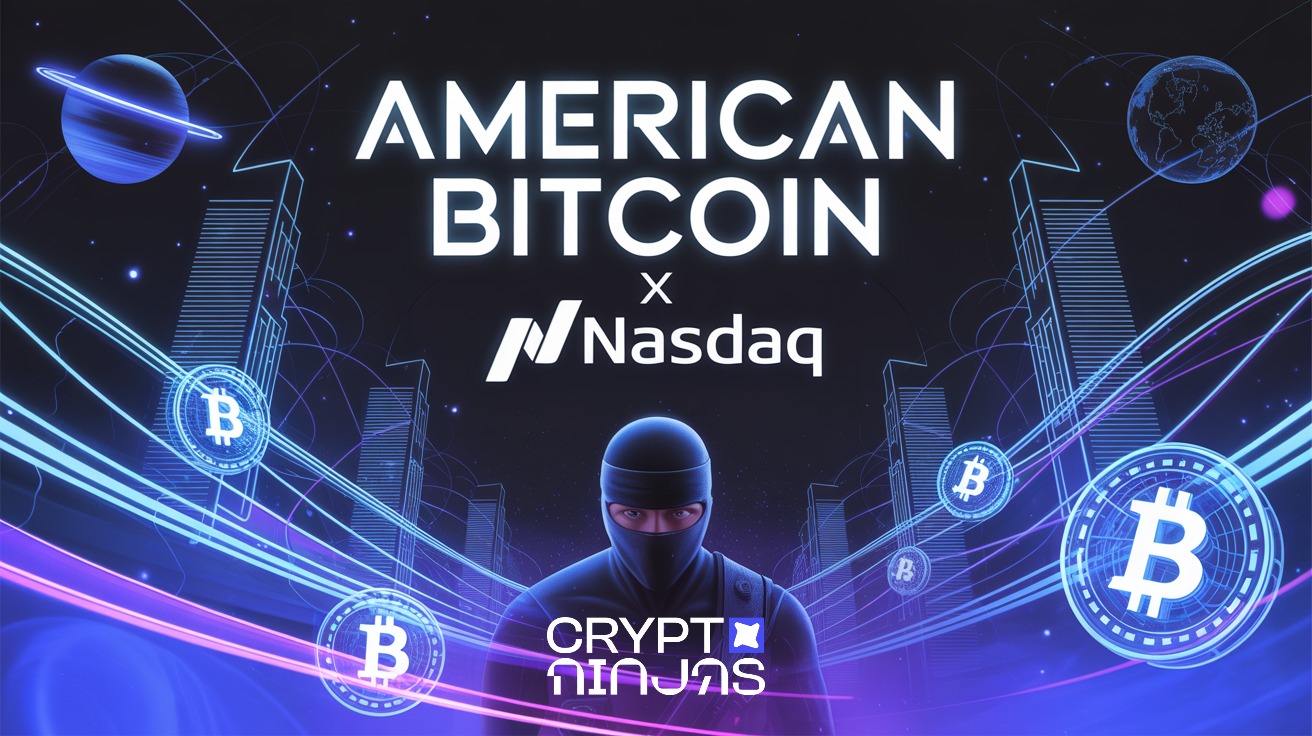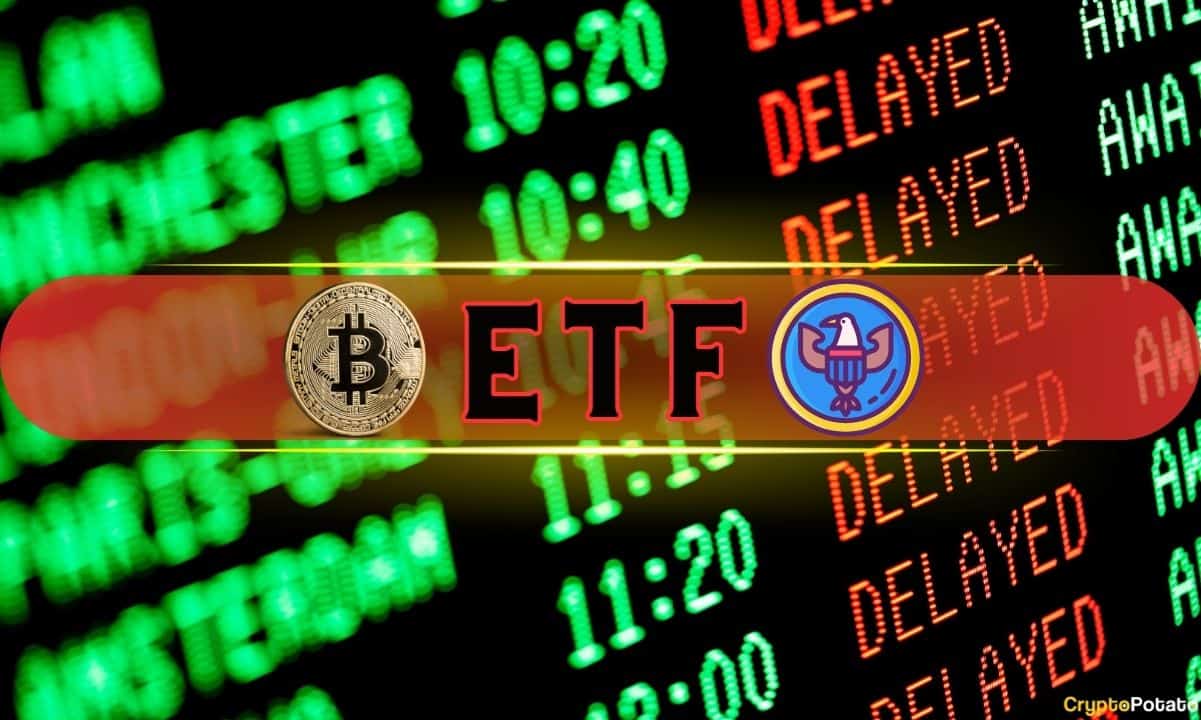Remora Launches Tokenized U.S. Equities on Solana With 24/7 Crypto Access
TLDR:
- Remora Markets launches tokenized stocks on Solana, offering global 24/7 trading access for crypto users.
- Tokenized equities include Tesla, Nvidia, and Circle, with liquidity provided by DeFi Tuna partnerships.
- Solana’s blockchain now hosts $498M in RWAs, expanding crypto access to traditional U.S. equities.
- Users can earn onchain yields from tokenized stocks while trading directly without brokers.
The tokenization of traditional assets is moving fast, and Solana is at the center of the latest shift. First it was dollars, then treasuries, and now stocks. Crypto investors can now access U.S. equities through a blockchain interface.
Remora Markets has officially launched tokenized shares of companies including Tesla, Nvidia, and Circle. This move introduces 24/7 trading and yield opportunities directly on Solana’s network.
Remora Markets Launches Tokenized U.S. Stocks on Solana
Remora Markets announced the live launch of tokenized equities on Solana via Twitter. Users now have access to major stocks like $TSLA, $NVDA, and $CRCL. The platform enables direct trading without the need for traditional brokers.
The launch allows global participation, meaning investors can trade these stocks from anywhere, any time. This represents a shift from conventional market hours to round-the-clock access.
Remora’s approach integrates stocks into Solana’s DeFi ecosystem. Traders can earn onchain yields while holding tokenized assets.
Most liquidity for the new assets comes from DeFi Tuna, which partnered with Remora for the initial pool. Users must access liquidity safely via DeFi Tuna’s app to participate. This ensures a seamless onchain trading experience for all token holders.
Remora emphasizes bridging traditional finance with decentralized solutions. By tokenizing stocks, the platform creates a pathway for crypto users to access equities in a digital format.
Solana now hosts $498 million in real-world assets issued on the blockchain.
Crypto Investors Gain 24/7 Access and Yield Opportunities
The platform’s features extend beyond trading hours. Crypto holders can now interact with tokenized stocks continuously on Solana. The 24/7 availability removes delays common in traditional markets.
DeFi integration allows users to earn yield while their assets remain onchain. This combines trading flexibility with passive income opportunities. By removing intermediaries, Remora reduces friction in equity access for global investors.
Tokenized stocks operate entirely on Solana, which means transactions are fast and transparent. Users can track holdings and participate in liquidity pools without leaving the network. Solana’s ecosystem now supports both high-speed trading and onchain financial operations.
The launch includes a select group of assets, with expansion planned over time. This allows careful integration of new equities while maintaining network stability. Early users now have a chance to explore tokenized stock trading directly on Solana.
The post Remora Launches Tokenized U.S. Equities on Solana With 24/7 Crypto Access appeared first on Blockonomi.
You May Also Like

American Bitcoin’s $5B Nasdaq Debut Puts Trump-Backed Miner in Crypto Spotlight

Cashing In On University Patents Means Giving Up On Our Innovation Future
